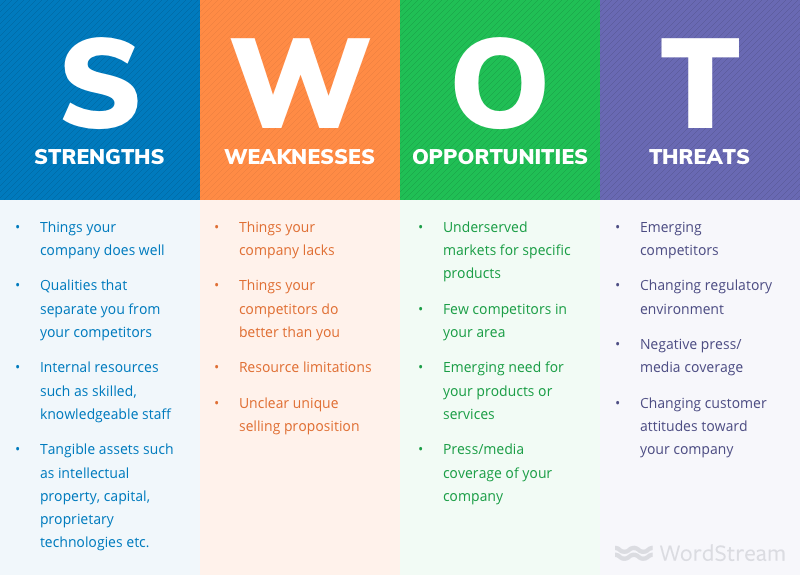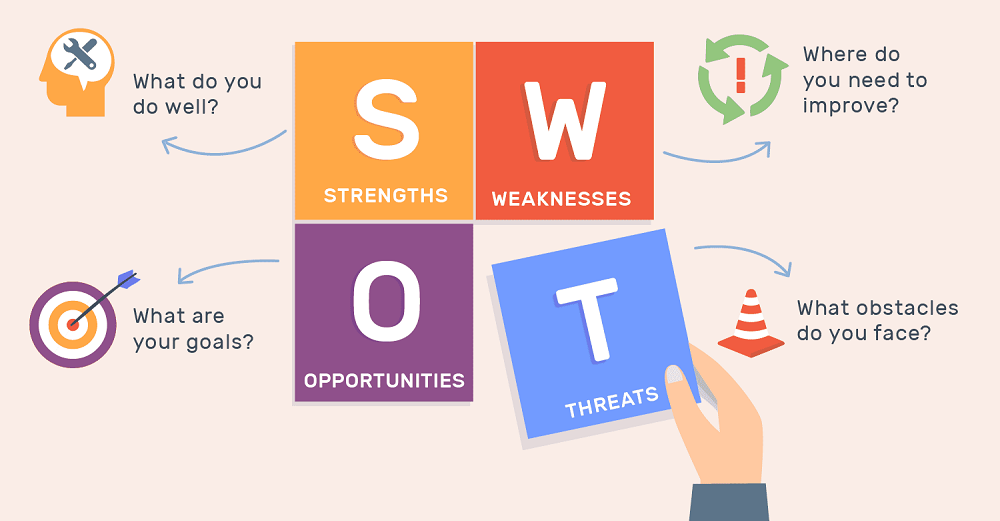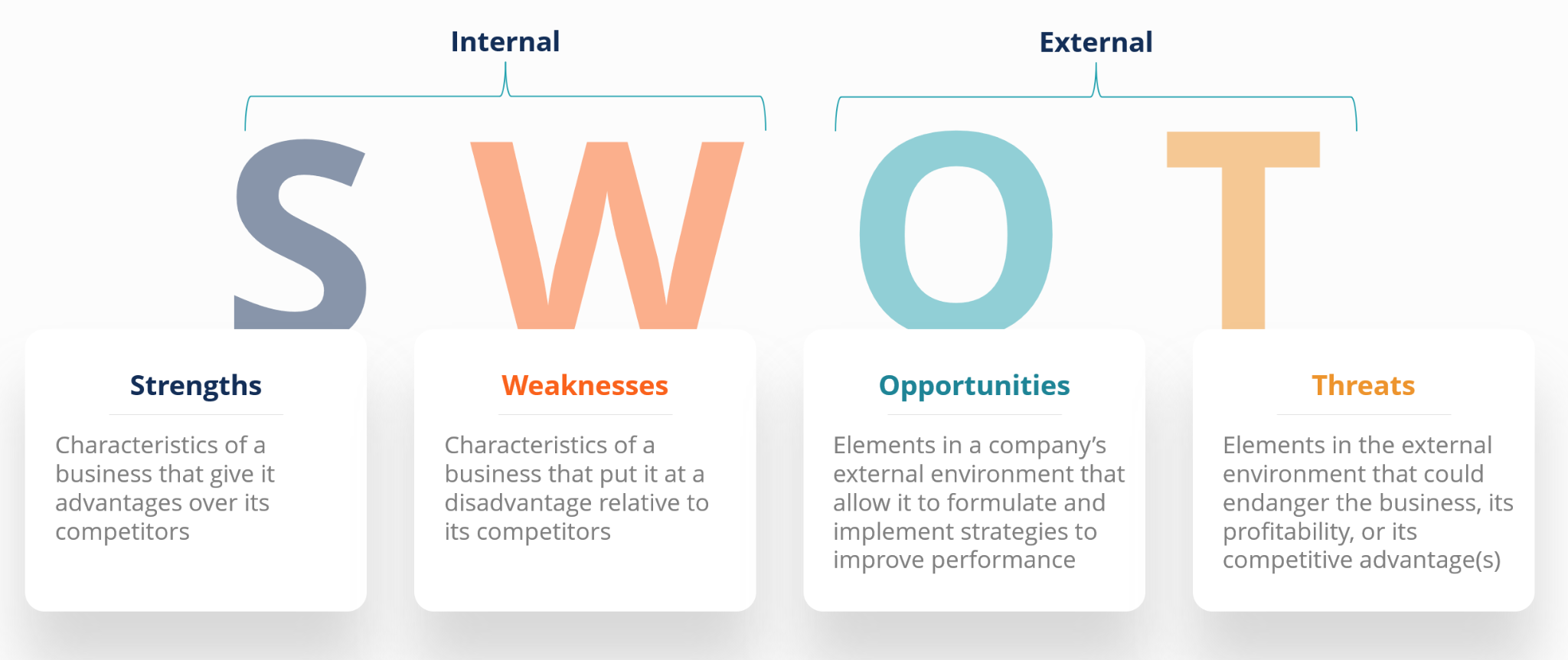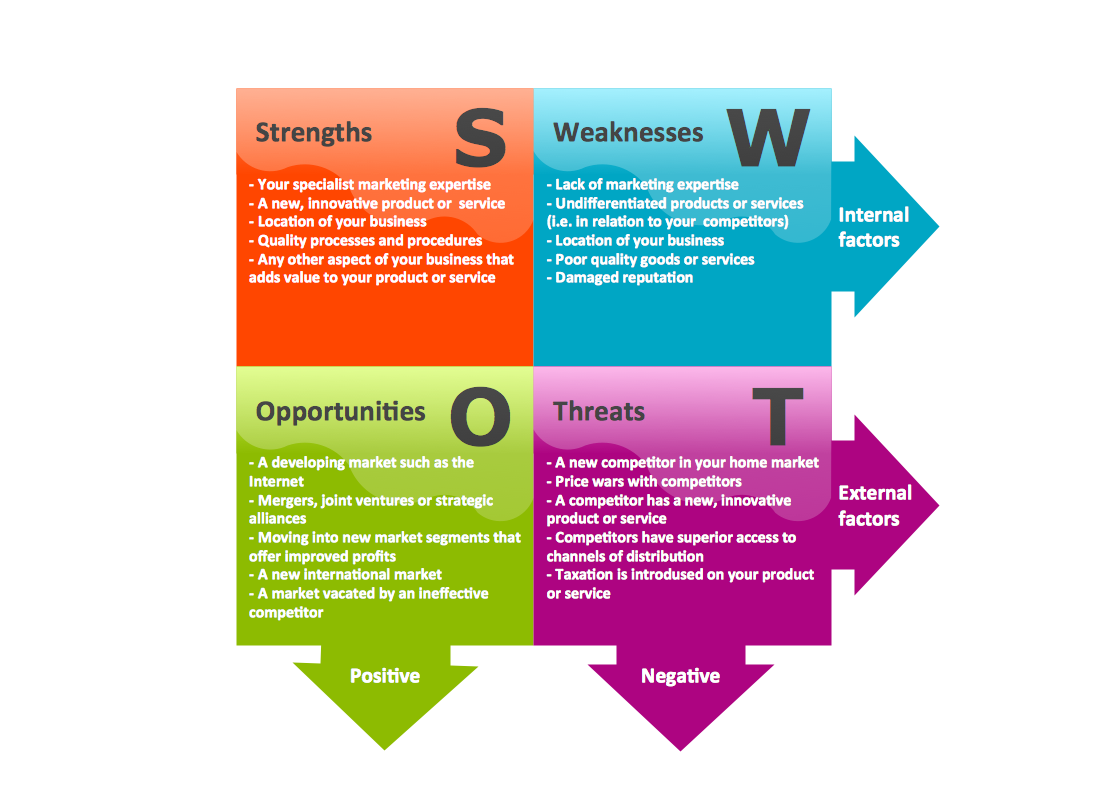Delving Into The Depth Of SWOT Analysis Research Articles: A Comprehensive Guide
Delving into the Depth of SWOT Analysis Research Articles: A Comprehensive Guide
Related Articles: Delving into the Depth of SWOT Analysis Research Articles: A Comprehensive Guide
Introduction
In this auspicious occasion, we are delighted to delve into the intriguing topic related to Delving into the Depth of SWOT Analysis Research Articles: A Comprehensive Guide. Let’s weave interesting information and offer fresh perspectives to the readers.
Table of Content
Delving into the Depth of SWOT Analysis Research Articles: A Comprehensive Guide

The SWOT analysis, a strategic planning tool widely used in business, marketing, and various other fields, has been the subject of extensive academic research. This research delves into the effectiveness, limitations, and applications of SWOT analysis, providing valuable insights for practitioners and researchers alike. This article aims to provide a comprehensive overview of SWOT analysis research articles, exploring their key themes, benefits, and practical implications.
Understanding the Essence of SWOT Analysis
SWOT analysis is a structured planning method used to evaluate the internal and external factors that influence an organization’s success. It stands for Strengths, Weaknesses, Opportunities, and Threats.
- Strengths are internal positive attributes that give an organization a competitive advantage.
- Weaknesses are internal negative attributes that hinder an organization’s performance.
- Opportunities are external positive factors that can be leveraged to achieve organizational goals.
- Threats are external negative factors that pose a challenge to an organization’s success.
By identifying and analyzing these factors, SWOT analysis helps organizations develop strategies to capitalize on their strengths, address their weaknesses, exploit opportunities, and mitigate threats.
The Value of Research in SWOT Analysis
Research on SWOT analysis aims to:
- Evaluate its effectiveness: Studies examine the extent to which SWOT analysis improves decision-making, strategic planning, and organizational performance.
- Identify limitations: Researchers explore the potential drawbacks of SWOT analysis, such as subjectivity, lack of quantifiable data, and difficulty in integrating external factors.
- Develop and refine methodologies: Research focuses on improving the process of conducting SWOT analysis, including data collection, analysis techniques, and framework adaptations.
- Explore applications in diverse contexts: Studies investigate the applicability of SWOT analysis in various industries, sectors, and organizational settings.
Key Themes in SWOT Analysis Research Articles
Research on SWOT analysis explores a wide range of themes, with some of the most prominent including:
- Empirical Studies: These studies use quantitative and qualitative methods to examine the relationship between SWOT analysis and organizational outcomes, such as profitability, market share, and employee satisfaction.
- Case Studies: Researchers analyze specific organizations or situations to understand how SWOT analysis is implemented and its impact on strategic decision-making.
- Comparative Studies: These studies compare the effectiveness of SWOT analysis with other strategic planning tools or methodologies.
- Methodological Developments: Researchers explore innovative approaches to conducting SWOT analysis, such as using data analytics, incorporating stakeholder perspectives, and integrating sustainability considerations.
- Applications in Specific Domains: Research focuses on the use of SWOT analysis in specific sectors, such as healthcare, education, technology, and non-profit organizations.
Benefits of SWOT Analysis Research Articles
Engaging with SWOT analysis research articles offers several benefits for practitioners and researchers alike:
- Evidence-based decision-making: Research provides empirical evidence to support the use of SWOT analysis and guide its effective implementation.
- Enhanced understanding of limitations: Research highlights the potential pitfalls and limitations of SWOT analysis, enabling users to mitigate their impact.
- Improved strategic planning: Research offers insights into best practices, methodologies, and adaptations for conducting SWOT analysis, leading to more effective strategic planning.
- Informed application in diverse contexts: Research explores the applicability of SWOT analysis in various industries and sectors, facilitating its effective use across different organizational settings.
- Advancement of knowledge: Research contributes to the ongoing development of SWOT analysis as a strategic planning tool, driving innovation and improvement.
FAQs on SWOT Analysis Research Articles
1. How can I find relevant SWOT analysis research articles?
Several resources can help you locate relevant research articles:
- Academic databases: Explore databases such as JSTOR, ScienceDirect, Google Scholar, and Scopus. Use keywords like "SWOT analysis," "strategic planning," "organizational performance," and "business strategy."
- Professional journals: Consult journals specializing in management, marketing, strategy, and related fields.
- Research repositories: Explore university and research institution repositories for published and unpublished research papers.
2. What are the key factors to consider when evaluating SWOT analysis research articles?
When assessing the quality and relevance of research articles, consider:
- Methodology: Examine the research design, data collection methods, and analysis techniques employed.
- Sample size and representativeness: Evaluate the size and characteristics of the study sample to assess its generalizability.
- Data analysis: Assess the rigor and appropriateness of the data analysis methods used.
- Conclusions and implications: Evaluate the clarity, validity, and practical relevance of the research findings and conclusions.
3. How can I apply the findings of SWOT analysis research articles in my own practice?
Apply the research findings by:
- Adopting best practices: Implement the recommended methodologies and approaches for conducting SWOT analysis based on research evidence.
- Addressing limitations: Consider the potential drawbacks of SWOT analysis and take steps to mitigate their impact.
- Adapting to specific contexts: Tailor the SWOT analysis process to the unique characteristics and challenges of your organization or situation.
- Staying updated: Continuously monitor the latest research on SWOT analysis to ensure your practice remains informed and relevant.
Tips for Conducting SWOT Analysis Research
- Define your research question: Clearly articulate the specific research question you aim to address.
- Choose an appropriate methodology: Select a research design and data collection methods that align with your research question and objectives.
- Ensure data quality: Collect accurate, reliable, and relevant data to support your analysis.
- Use appropriate analytical techniques: Employ statistical or qualitative methods to analyze the data and draw meaningful insights.
- Interpret findings carefully: Avoid overgeneralization and ensure your conclusions are supported by the evidence.
- Disseminate your findings: Share your research findings through publications, presentations, or other channels to contribute to the body of knowledge.
Conclusion
SWOT analysis research articles provide a valuable resource for understanding the strengths, limitations, and applications of this widely used strategic planning tool. By delving into the empirical evidence, methodological innovations, and practical implications explored in these articles, practitioners and researchers can enhance their understanding of SWOT analysis, improve its effectiveness, and contribute to the ongoing development of this powerful decision-making framework.








Closure
Thus, we hope this article has provided valuable insights into Delving into the Depth of SWOT Analysis Research Articles: A Comprehensive Guide. We thank you for taking the time to read this article. See you in our next article!